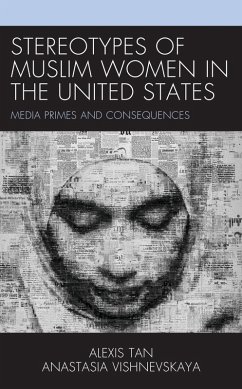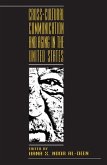This book brings into focus the perception of Muslim women in the United States, often overlooked in research literature and common media narratives, but at the same time facing increasing hate and aggression based on their religious and gendered identities. Guided by data from three original experiments and theories of priming and media effects, Alexis Tan and Anastasia Vishnevskaya discuss how stereotypes of Muslim women in the media influence public stereotypes, and how public stereotypes direct aggressions towards them. This book contributes to existing literature in the field by presenting evidence that both verbal and visual symbols in the media can activate implicit prejudices, and that activation can be controlled by people who self-identify as social liberals. Ultimately, Tan and Vishnevskaya suggest both media and intrapersonal interventions to mitigate harmful consequences of prejudice towards Muslim women in the United States. Scholars of media studies, communication, religious studies, gender studies, and cultural studies will find this book particularly useful.
Bitte wählen Sie Ihr Anliegen aus.
Rechnungen
Retourenschein anfordern
Bestellstatus
Storno









